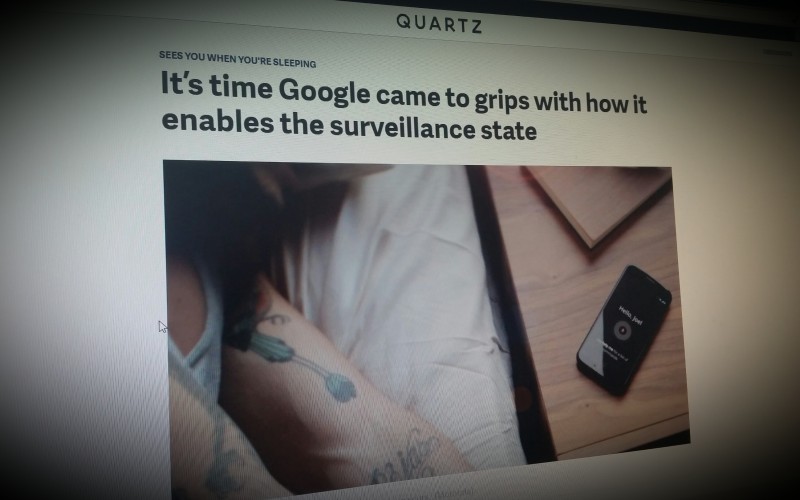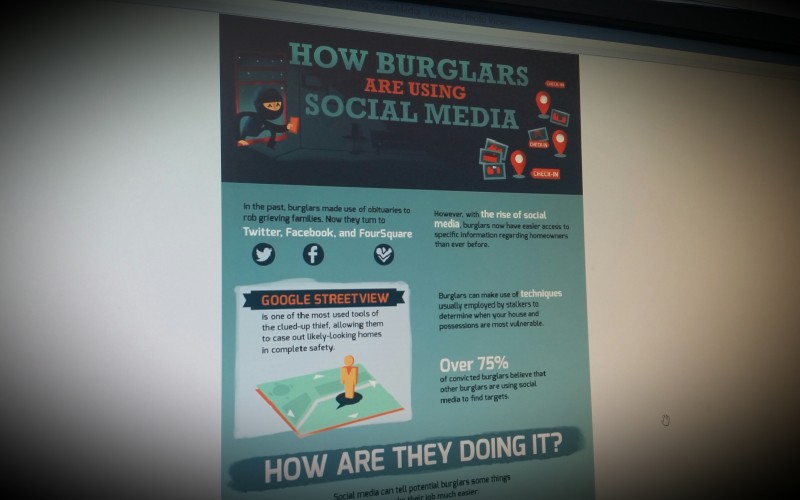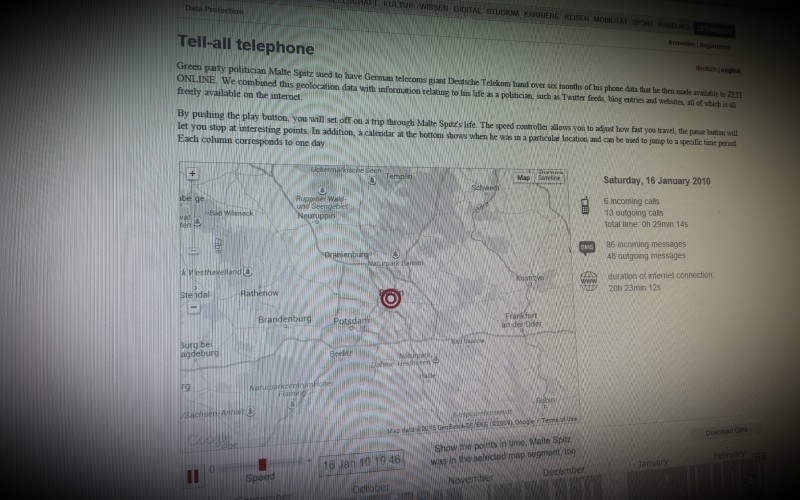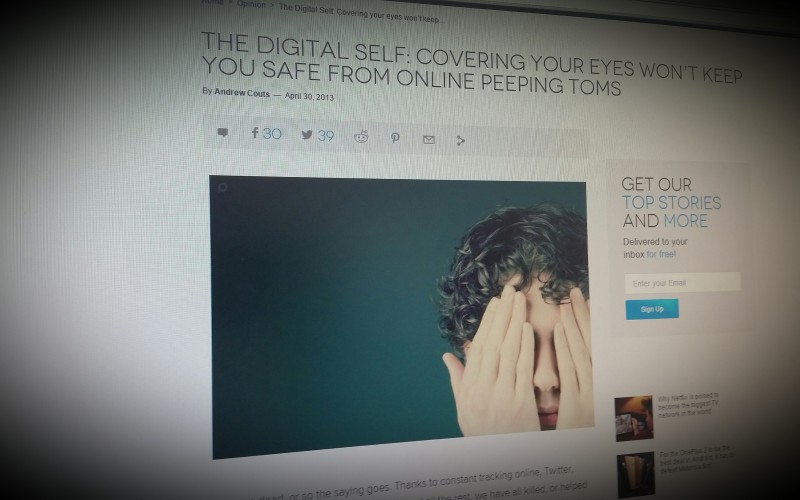'Google, more than perhaps any other company, is aggressively putting sensors and the software to activate them into our environment.
The just-unveiled Moto X phone... has a custom microchip that allows it to listen for voice commands literally all the time, even when the phone is "asleep". Google's Chrome web browser now supports voice commands; that means it's also rolled into every Chrome OS notebook computer.
Google's face-based computer, Google Glass, responds to voice commands...voice is a dominant theme in the future of Google, and is clearly slated to make its way into every product the company makes.'
Read the full article here.










Comments
make a comment